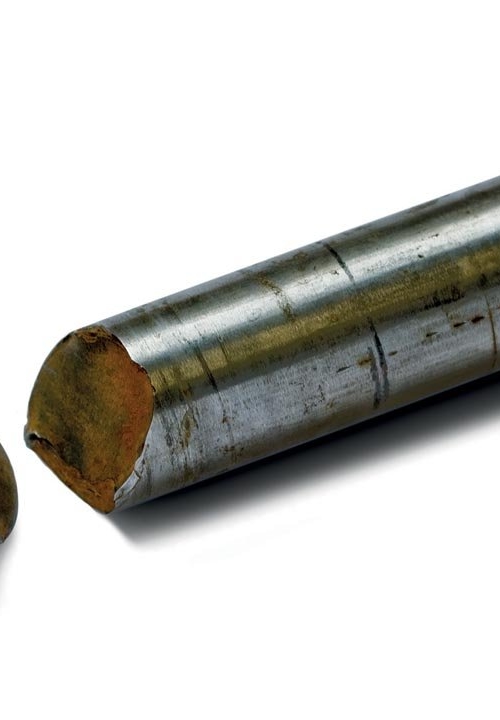
Destructive Testing (DT)
Receive a quote tailored to your needs
Why destructive testing
These properties can’t be examined with non-destructive methods, as specimens of the material must be extracted. Destructive testing is generally most suitable and economic for mass produced objects, as the cost of destroying a small number of pieces is negligible. The samples are put under different loads and stress. That way we can analyze in which point your material eventually gives up and cracks. The results gained are then compared to regulations and/or quality guidelines.
When to use destructive testing
Destructive tests are best when used together with our non-destructive methods: this combination gives the best information on materials and welds. Non-destructive tests show if cracks, corrosion or other faults exist. Destructive tests in turn indicate how and when the objects are in danger of breaking down or failing.
Typical objects
- Tanks
- Pipelines
- Steel structures
- Ships
- Offshore
Accreditations according ISO/IEC 17025:2005
Kiwa Finland is an accredited laboratory for destructive testing under EN17025.
Non destructive testing
- Visual testing
- Radiographic testing
- Ultrasonic testing
- Penetrant testing
- Magnetic particle testing
- Eddy current testing
- Physical testing of soil
- Physical testing of buildings and building constructions
Destructive testing
- Bend test
- Break test
- Tensile test
- Hardness test
- Impact test
- Macro examination
- Micro examination
Specific information concerning the scope of the accreditations are available on request.
About our destructive testing services
Kiwa’s destructive testing services include mechanical testing (tensile, bend and impact tests), hardness testing, macro and micro testing as well as material analysis and metallographic examinations. Kiwa has its’ own, accredited destructive testing laboratories in several countries. We are also able to execute your required tests at our own workshops. This way we can ensure you get the best service and the most suitable testing methods.
Benefits of Destructive Testing (DT)
- Verifies properties of a material
- Determines quality of welds
- Helps you to reduce failures, accidents and costs
- Ensures compliance with regulations